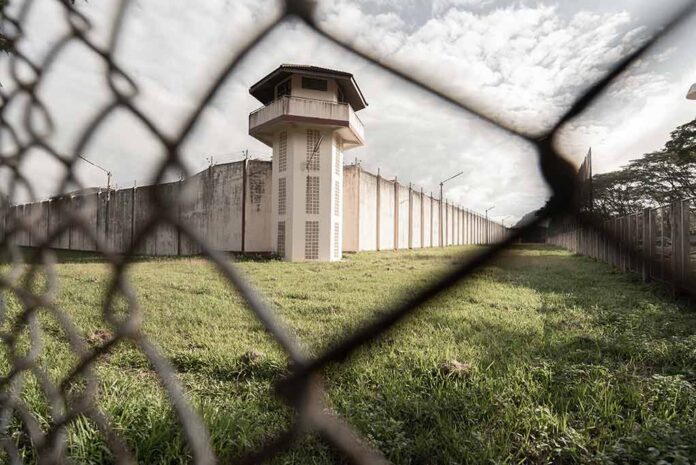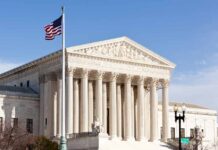
Steve Bannon’s journey for early release under the First Step Act highlights concerns over political bias and bureaucratic hindrances.
Denial of Early Release Request
The former White House strategist under the Trump administration, Steve Bannon, has encountered setbacks in his pursuit of early release from prison. Despite meeting the criteria under the First Step Act, prison authorities have cited “insufficient time” as the reason for delay in processing his transition to home confinement. Bannon’s lawyers argue that he has accrued enough credits to qualify for release since October 19, 2024. However, he remains incarcerated until his term ends on October 29, 2024.
Bannon’s four-month sentence stems from his conviction for contempt of Congress after refusing to comply with the January 6 committee’s demands. His case highlights potential delays in processing credits, raising questions about the administration of the First Step Act, which was enacted to enable reduced sentences for certain prisoners by earning credits.
The Bureau of Prisons on Monday declined to confirm that Steve Bannon, the former White House chief strategist for the Trump administration, was evaluated for possible reductions in his prison sentence in accordance with the First Step Act of 2018.https://t.co/kvKZcSvyAZ
— Tennessee Star (@TheTNStar) October 21, 2024
First Step Act’s Political and Bureaucratic Hurdles
The First Step Act, backed by bipartisan support, was a landmark 2018 legislation signed by then-President Donald Trump. Aimed at reforming the criminal justice system, it allows for sentence reductions for qualifying inmates through earned credits. Bannon’s situation underscores the challenges in implementing the Act. Bannon himself has appealed his conviction to the Supreme Court, criticizing bureaucratic causes for his continued imprisonment, perceiving selective enforcement against him potentially driven by political motives.
Bannon criticizes Vice President Kamala Harris for failing to implement Trump’s criminal justice reforms, casting her as the “Queen of Mass Incarceration.” He claims Harris’s record will cost her crucial support from minority groups, notably Black and Hispanic men, in key states like Pennsylvania and Georgia in future elections. Bannon’s critiques reflect broader dissatisfaction within conservative circles regarding the current administration’s handling of criminal justice reform policy.
Steve Bannon, the right-wing podcaster and former Donald Trump aide, is set to get out of federal prison next Tuesday despite repeated attempts he and his legal defense team have made for him to be released early.https://t.co/RWxbmFgv42
— 7News Boston WHDH (@7News) October 22, 2024
Political Implications and Future Outlook
Bannon’s case reflects a larger narrative of potential political weaponization within the Department of Justice, which has been accused by some conservatives of targeting figures associated with the former Trump administration. With Bannon nearing the end of his prison term, the ongoing discourse around these legal battles continues to underscore the contentious nature of political themes in criminal justice today.
Given the challenges, several question if political influence is distorting the judicial system’s execution and whether more reforms in the First Step Act are needed.
Bannon’s release, or lack thereof, remains a touchpoint for those who feel the First Step Act is not applied uniformly, potentially reflecting partisan selective enforcement. These concerns echo within conservative circles, maintaining the demand for transparency and fairness in justice delivery, exempt from political bias or influence.











